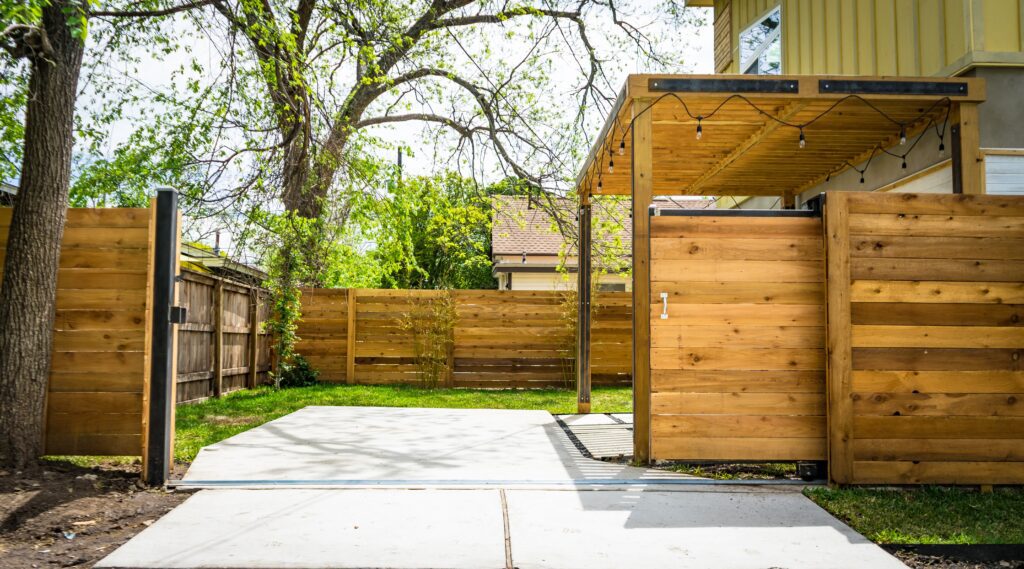
Following a series of scorching summers marked by heatwaves, British Columbia (B.C.) is actively exploring strategies to ensure the well-being of its residents during hot weather. In a recent development, the B.C. government has put forward a significant amendment to the provincial building code. This amendment mandates that all newly constructed homes must incorporate a minimum of one temperature-controlled room. The initiative stems from the tragic experience of a devastating heatwave in 2021, which claimed the lives of 619 individuals across the province.
According to a representative from the Ministry of Housing in British Columbia, the updated building code outlines a requirement for newly constructed homes within the province. Specifically, the code mandates the inclusion of one temperature-controlled room designed to maintain a maximum temperature of 26°C. This can be accomplished through various means. Some of these include
- passive cooling techniques such as architectural design
- careful selection of building materials
- effective insulation
- the consideration of solar reflectivity.
Depending on the prevailing summertime temperatures at the building’s location, there may also be a necessity for cooling appliances to be incorporated into certain regions of the province.
Presently, the ministry is in the process of assessing public input regarding the proposed modification and anticipates finalizing the revised building code later in the current year.
What Kinds of Dwellings will Fall Under the Updated Code?
The forthcoming revised code is unlikely to mandate the retrofitting of existing homes with temperature-controlled rooms. Furthermore, the ministry clarified that the code will specifically pertain to “dwelling units intended for use in the summer months on a continuing basis.” This distinction implies that recreational cabins and cottages are less likely to fall under the purview of the updated code.
Nevertheless, experts have voiced concerns that this update might lead to a surge in the usage of air conditioning units. This could potentially exacerbate the impacts of climate change and strain the capacity of the province’s power grid.
A Cooling Strategy – Only Open Certain Windows
Tilt-and-turn windows offer a passive cooling solution for rooms. These windows facilitate passive cooling by allowing small openings at lower levels to draw in denser cool air, while larger openings higher up permit the escape of hot, less dense air.
This effect can be simulated in two-story houses by partially opening windows on the lower floor by about five centimeters, and simultaneously opening upper-story windows to a range of 15 to 20 centimeters. Over several days, the midday temperature on the upper floor remained between 26 and 27°C, while the lower floor maintained a cooler 21 to 22°C, despite outdoor temperatures soaring to 36°C.
Reccomendations for Cooling Devices
In the event that you require a cooling system, you can opt for a heat pump rather than an air conditioner. A heat pump has a lower electricity consumption. Additionally, homeowners should explore the installation of solar panels and energy storage batteries to prepare for potential power grid disruptions.
If your energy source is solely solar panels and a battery, your home will still have a power source. Consider having your electrician set up a separate circuit for your heat pump to power the essential systems in your home. This precaution ensures that even during a significant heatwave, when the power grid may fail, you may not be able to run all appliances, but the heat pump will continue to operate, ensuring your comfort and safety.
read more
Recent Comments